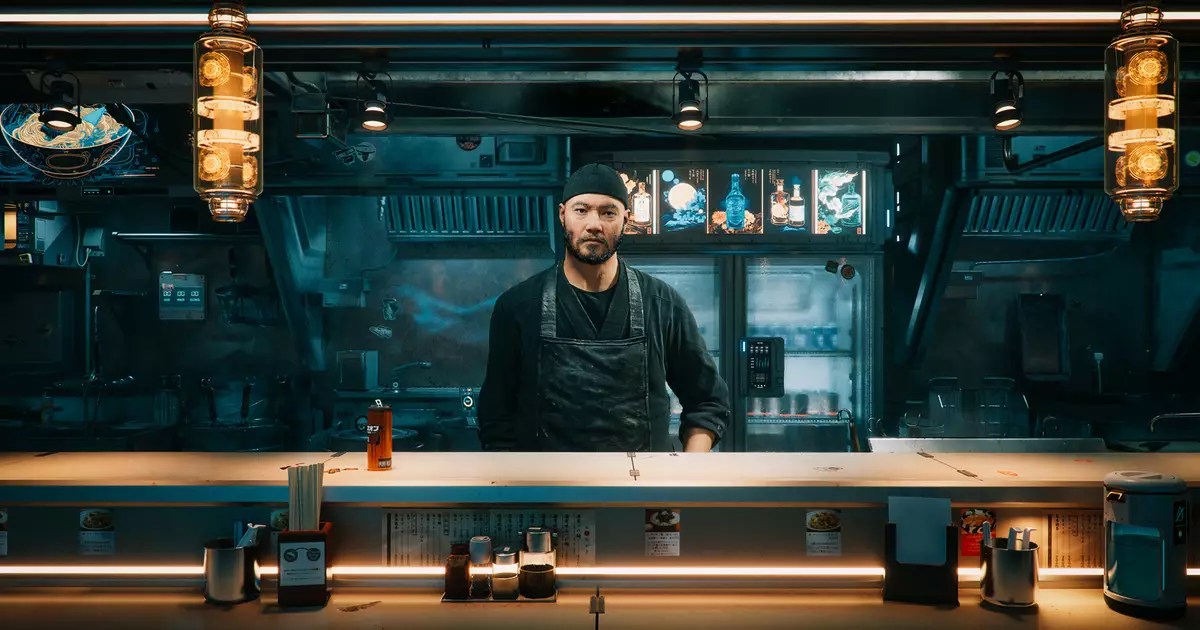The CEO of Nvidia recently made a bold claim during a press conference, stating that within the next 10 years, we will see games where everything seen on-screen is fully generated by AI in real-time. This prediction has sparked a heated debate within the gaming community and beyond.
According to the CEO, Jensen Huang, we are already two years into the ‘S curve’ for the widespread adoption and capabilities of generative AI. He believes that most technologies become practical and better within a decade, with the possibility of it happening sooner, possibly within the next five years. This suggests that AI will play a significant role in shaping the future of video games.
Nvidia, along with many other tech companies, have been experimenting with AI and machine learning in various ways. From AI-generated conversations with NPCs to features like Deep Learning Anti-Aliasing (DLAA) and Deep Learning Super Sampling (DLSS) that aim to enhance graphical fidelity, AI is already making its mark on the gaming industry.
The idea of completely generating a game from a prompt using AI presents both exciting possibilities and potential challenges. While AI tools like ChatGPT have shown promise in generating content quickly, there are concerns about the implications of AI taking over tasks traditionally performed by artists and developers. It remains unclear whether AI will be used to enhance existing assets or to create entire games on the fly in real-time.
Despite the uncertainties surrounding the widespread adoption of generative AI in gaming, one thing is certain: AI is here to stay. Huang’s prediction signals a shift towards a future where AI will play a more prominent role in shaping the gaming experience. However, it is essential to consider the ethical implications of AI replacing human creativity in the gaming industry. Artists and developers must be given proper credit and compensation for their work, even as AI technology continues to evolve.
The rise of generative AI in video games presents both exciting possibilities and challenges. While AI has the potential to revolutionize the way games are created and experienced, it is important to approach this technology with caution and consideration for the impact it may have on the creative process. Only time will tell how AI will continue to shape the future of video games, but one thing is clear: the age of AI in gaming is upon us.


Leave a Reply